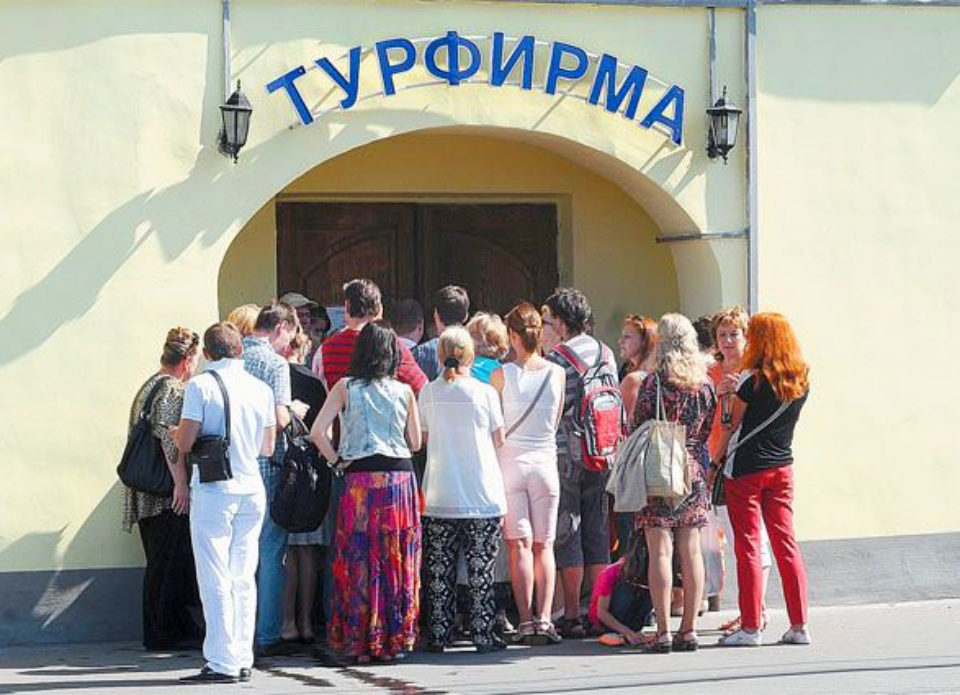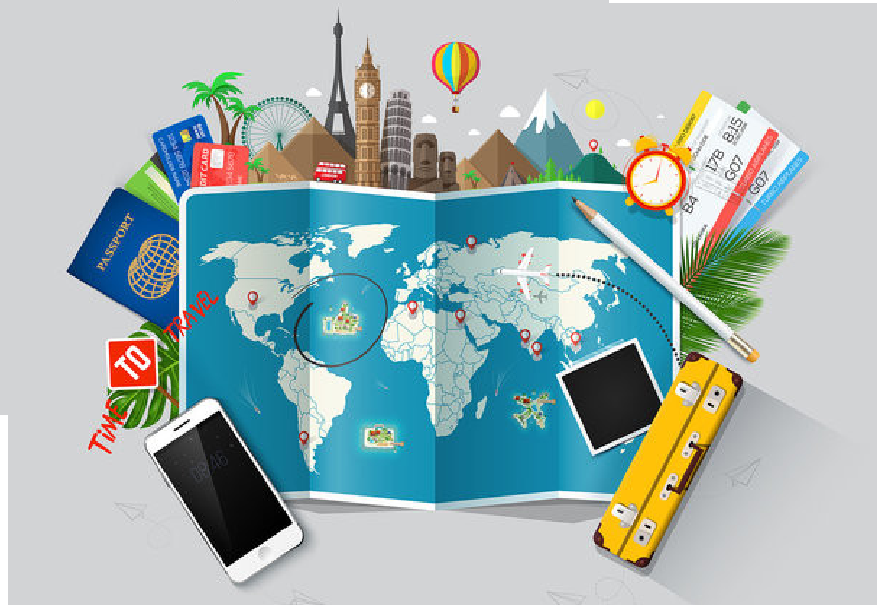When going on a trip or vacation to another city or country, you want to contact a travel agency that will help organize the trip and book a hotel. Such companies offer services via the internet, where they provide information about hotels and booking options. After choosing the appropriate option, it is necessary to make a prepayment.
Travel Agency Fraud
The activity of fraudulent travel agencies is high, luring victims with discounts on packages. At first glance, this procedure looks good: the client pays for their tour, and the agency sends booking details for the hotel. When the time for departure arrives, it turns out that the booking was canceled. The fraudulent travel agency:
- blames everything on overbooking;
- offers to choose another hotel.
Upon arrival, it turns out that the hotel chosen at the travel agency does not match. Its star rating will be several levels lower. You should be cautious about offers with significant discounts, as most reputable travel agencies offer approximately the same price for tours.
Fake Travel Agencies

When choosing a travel agency online, users do not always pay attention to its duration of operation. Often, newly opened agencies attract tourists with cheap tours to any part of the world. They have many interested people, allowing them to sell many packages in advance. In the end, it turns out that the agency was fraudulent, it closed, and it's impossible to reach the managers. Thus, tourists fall victim to fraudulent schemes, losing money and tickets.
Hotel Booking Scams
When booking a hotel, the travel agency the customer contacted:
- must confirm the packages;
- is entitled to request the application number, which is sent by email or SMS;
- knowing the application number, you can track the booking status using information on the tour operator's website. If entering the application number shows no payment information, it's a fraudulent scheme.
Airline Ticket Scams
Fraudulent travel agencies offer clients the purchase of inexpensive airline tickets, justifying their cost by claiming they have connections with companies that directly cooperate with large airlines. The scammer, posing as a manager, provides the victim with bank details for transferring money for the issuance and booking of an e-ticket. As a result, the tourist does not receive the ticket, and the money goes to the scammer's account. Scammers perform payments for nonexistent tickets to different cards each time.

Fake Travel Websites
Scammers create fake travel websites, often using the names of well-known travel agencies. They create very plausible sites where:
- they offer cheap accommodation;
- hack user accounts;
- post phishing ads.
When booking accommodation on such a site, the tourist will be deceived and, upon arrival at the destination, may not find the hotel or learn that the room was not booked for them. Often, the money left for booking accommodation on fake sites goes directly to the scammers.
Package Scams
The tourist knows the vacation date and contacted the travel agency to book a hotel and package. The agents offer to sign a contract. After payment, it turns out that it's time to travel, but the managers hardly respond, and the documents are not provided. Thus, all deadlines pass, the trip falls through, and the tourist is told:
- that they only paid for consulting services;
- the cost of the tour and package is not included;
- the company is not responsible for hotel booking and ticket purchase.
It is always necessary to demand documents and contracts signed at the travel agency and to study them carefully.

How to Check a Travel Agency
Before arranging a trip with a travel agency, you should verify its legitimacy, check online for information about it, and obtain details about the presence of this travel agency in the registry of entities allowed to conduct tourism activities. Draft contracts for the provision of tourism services, which should contain the conditions for arrangement. An honest travel agency always drafts a contract in two copies, one for the client. The contract should specify the cost of services, terms and conditions of payment, rights and obligations of both parties, information about the executor and client, and the travel program. Upon payment for services, a receipt for the transaction must be issued.
Scams in the Tourism Sector
One of the common scams in the tourism sector is not refunding the full amount when the tour is canceled. Tourists cancel their tours for various reasons - postponed vacations, illness, or advice from the Ministry of Foreign Affairs about a dangerous area for recreation.
Scammers start convincing the tourist that a full refund is impossible and that insurance should have been arranged.
Scammers try not to clarify the situation and return as little money as possible to the unsuccessful tourist. If there is an official reason and no insurance exists, then travel agencies are obliged to refund the full amount. In case of illness, most travel agencies may not return part of the money spent on booking and airline tickets.

